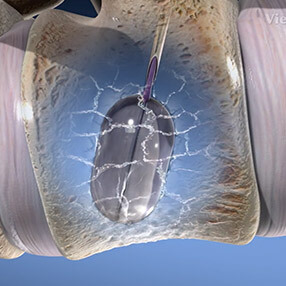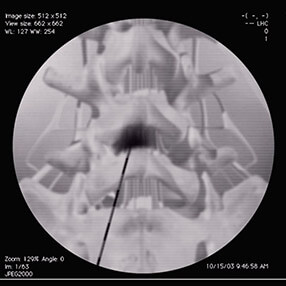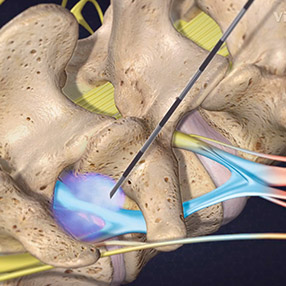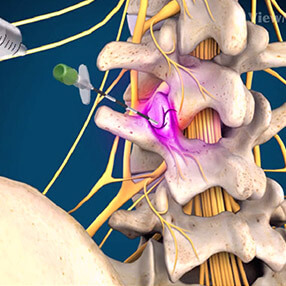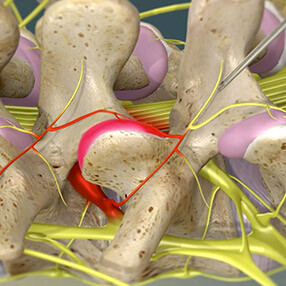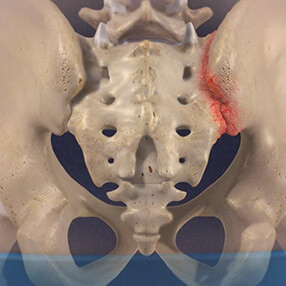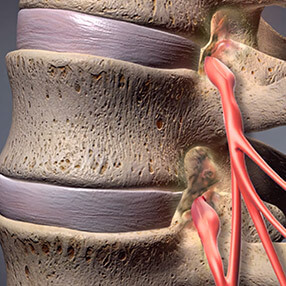Chronic knee pain caused by arthritis and injuries affects millions of people. For many, it can be difficult to fully treat. Pain medication can cause side effects that impact quality of life, but surgery may not be an option. For others, knee replacement surgery has only slightly improved knee pain and they feel they are out of options.
For those who suffer from knee pain that hasn’t responded to conventional therapies, genicular nerve radiofrequency ablation may be an option. But what exactly is genicular nerve radiofrequency ablation and how can it help your pain? Our Atlanta pain management specialists are here to help you discover more about this modern therapy for knee pain.
Stop Nerve Pain Signals From Reaching Your Brain
Genicular nerve radiofrequency ablation is an outpatient procedure performed by an experienced physician under fluoroscopic guidance, also known as a live x-ray. It involves using a needle with an electrical current to hinder the nerves responsible for telling your brain that your knees are in pain. Eventually, these nerves will heal themselves, reestablishing the pathways for pain signaling, but many patients can experience pain relief for months or even a year after the procedure.
The procedure is done with local anesthesia and you’ll be able to return to your normal activities the following day. You can expect some tenderness at the injection site and it may take a week or more for the pain relief to take full effect. This is a more sustainable solution to pain that only takes a few minutes, though results can vary from patient to patient.
It Starts With a Genicular Nerve Block
To determine if you’re a candidate for genicular nerve radiofrequency ablation, your doctor will conduct a genicular nerve block. This is a procedure in which an anesthetic medication is administered via an injection to the major nerves in the knee. If you experience at least a 50% reduction in pain for a minimum of 24 hours after the procedure, then you’re considered a candidate for radiofrequency ablation. Genicular nerve radiofrequency ablation can’t be performed without first doing a diagnostic nerve block.
Do You Qualify for Genicular Nerve Radiofrequency Ablation?
Good candidates for genicular nerve radiofrequency ablation are those who have tried other therapies for knee pain, including surgery, with little to no success. These could include people who:
- Don’t qualify for knee surgery.
- Want to avoid knee surgery.
- Have already had knee surgery with minimal results.
- Experience other knee pain in addition to arthritis pain.
- Have tried other therapies for knee pain with limited success.
Genicular nerve radiofrequency ablation can also be done along with knee replacement surgery to enhance the results.
Schedule an Appointment With Our Pain Management Specialists Today
If you’re suffering from persistent knee pain that hasn’t improved with medication or surgery, it could be time to consider a genicular nerve radiofrequency ablation conducted by our Atlanta pain management specialists at Summit Spine & Joint Centers. Call us today at (770) 962-3642 to book an appointment at one of our many convenient locations, or submit an online appointment request.



